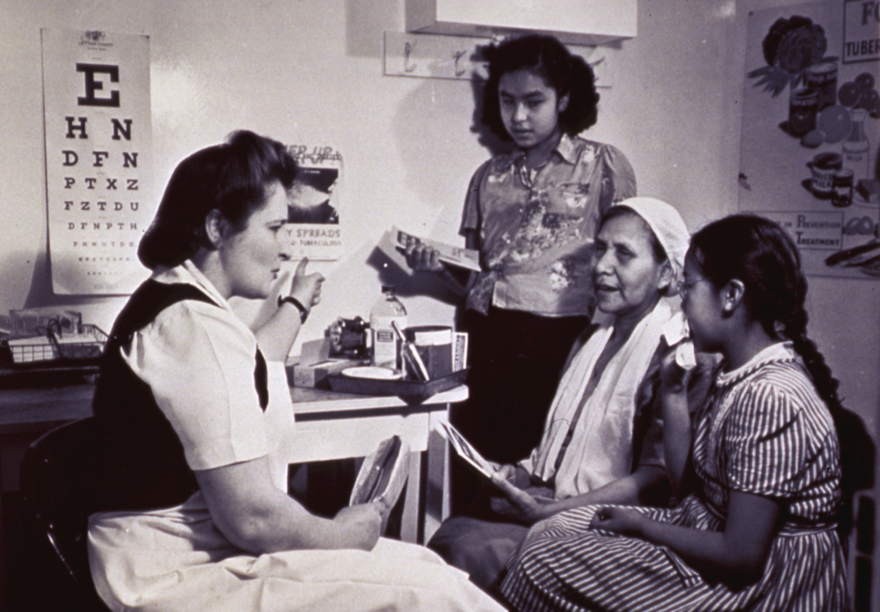For decades starting in 1907 Indigenous women and women of color across the country, including New Mexico, were forced or coerced into sterilizations without their informed consent. On Thursday, a coalition of Indigenous women’s reproductive rights advocates called on state lawmakers to create a truth and reconciliation commission to investigate the abuses.
Numerous reports show sterilizations reached a peak in the 1960s through the late 1970s. That’s when upwards of 70,000 Indigenous women were forced or coerced into sterilization procedures performed by the Indian Health Service and contracted physicians, including doctors at the University of New Mexico.
By the mid 1970s, 25% to 50% of Indigenous women of childbearing age had been sterilized.
Rachael Lorenzo, executive director of Indigenous Women Rising (Mescalero Apache and Laguna Pueblo), told member of the Indian Affairs Committee she was a target of coercion.
“Doctors refused to take out my IUD, despite the fact the copper IUD, which is called Paragard, made me bleed for 10 months, and four different doctors refused to take it out because it was working the way it was supposed to, and they said I was too young at 22 to have another baby,” she said.
The proposed joint memorial would establish a memorial to victims but also a Truth and Reconciliation Commission that would make New Mexico the first state in the nation to formally investigate and acknowledge the violations done to Indigenous women.
State Sen. Linda Lopez (D-Bernalillo) agreed that the legislature needs to acknowledge the role New Mexico played in this history.
“It wasn't us who are here in the Roundhouse at this point in time. And yes, it was maybe another governmental entity. But Madam Chair, I think those of us who are elected have a responsibility to say this should never have happened, this will not happen, and that we apologize,” she said.
State Rep. Michelle Paulene Abeyta (D-Bernalillo, McKinley, Valencia, San Juan, Socorro & Cibola) said there also needs to be more resources for educating youth about reproductive care.
New Mexico currently doesn’t have a law on forced sterilization.
Support for this coverage comes from the Thornburg Foundation.





